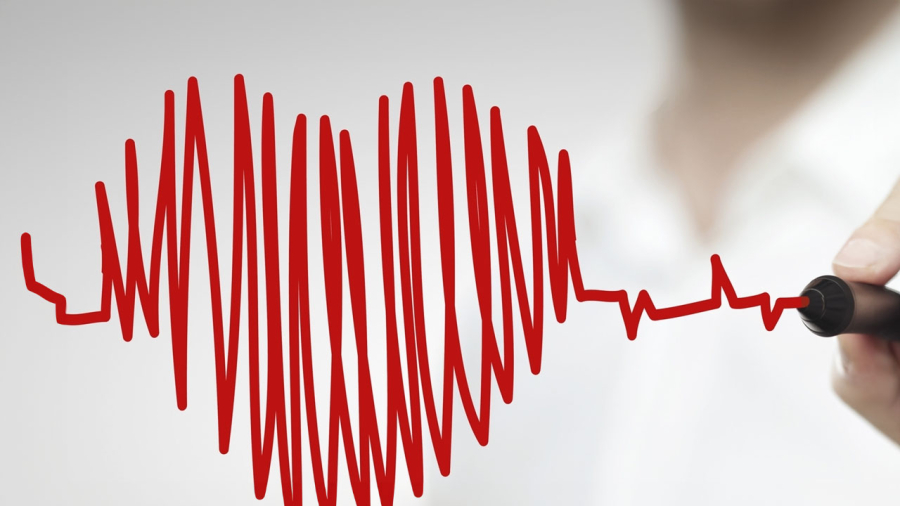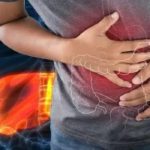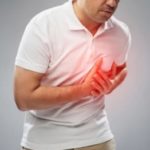When it comes to cardiovascular disease, many people imagine chest pain, heart pain. However, according to the National Health Service of the UK Government, when you look down at your feet and see swelling in your feet and ankles, you should see a doctor right away, as it could be a sign that you have heart failure.
Swelling in the ankles and feet is due to edema, caused by fluid accumulation. Edema decreases in the morning and increases during the day. Heart failure means that your heart is not functioning properly, and its reduced function weakens circulation. Heart failure causes the blood not to be properly pumped to the kidneys, leading to the retention of salt and water in this organ. This is the reason why your ankles, feet, or even your abdomen can become bloated.

In addition, when the body retains water, it can cause you to accumulate salt and water, leading to sudden weight gain and difficulty breathing. If accompanied by fatigue and difficulty in movement, these signs further indicate typical symptoms of heart failure.
In addition to the signs in the feet, if you have other symptoms, remember to get a check-up as soon as possible:
Feeling tired frequently
If you suddenly feel tired after working hard… you will feel tired. But if you feel tired along with nausea and chest pain, then this is something to worry about. If you experience chest pain without a clear cause and nausea, go see a doctor immediately.

Leg pain
Anyone can have muscle cramps, but Professor Newby advises you to see a doctor if you have a “feeling of being pinched, muscle cramps in your calf while walking”. In this case, the muscle cramp shows that you are accumulating fatty artery plaque, which restricts blood flow to the legs, causing cramps.
Arm pain
If you lie sideways for a long time and press your arm, it can also cause arm pain. But if you have specific reasons for your arm pain, it may be due to a heart condition. Chest pain can radiate down the left arm, or both sides.

Jaw and back pain
Jaw and back pain are symptoms that can be caused by a heart attack. If the chest pain does not go away, see a doctor.
So don’t take it lightly when you notice any unusual signs in your feet. Heart disease is very dangerous, so you need to consider and support early detection and treatment if you don’t want it to become critical.
In addition to the typical signs mentioned above, if you also have other symptoms such as persistent coughing for unknown reasons, heavy breathing, wheezing, bloating after eating, loss of appetite, rapid weight gain, foggy mind, decreased alertness, irregular heartbeat, etc., then the risk of heart disease is very high. So don’t be complacent.


































